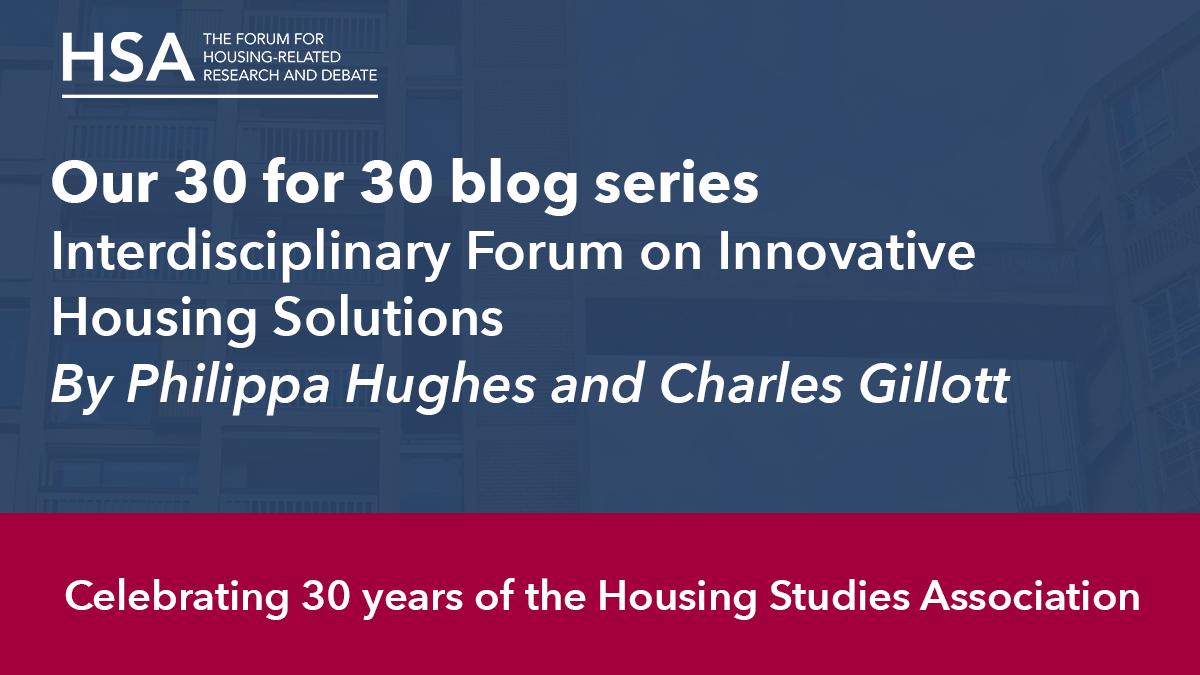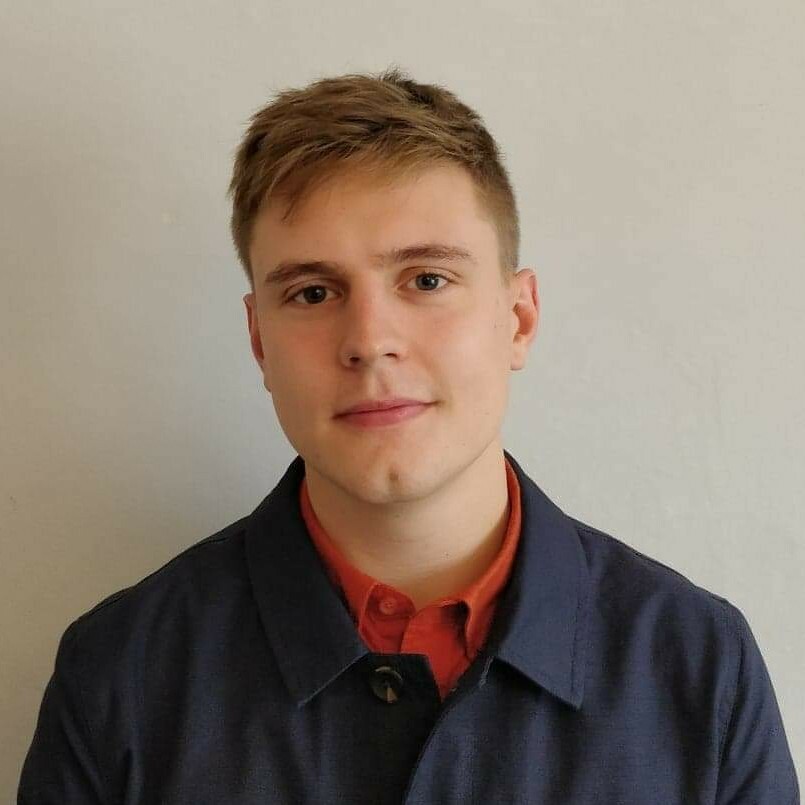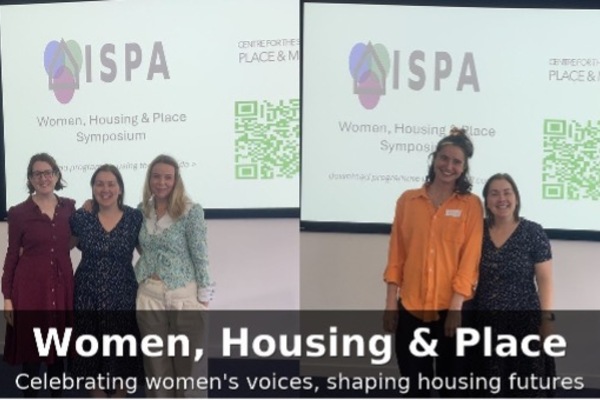
Last week, Philippa Hughes and Charles Gillott (both University of Sheffield) hosted an interdisciplinary forum on innovative housing solutions for postgraduate and early-career researchers. Here they look back on planning and hosting the event, as well as how the connections made can be maintained into the future.
The idea
The decision to host the event was motivated by our own experiences of learning, and sharing ideas, about each other's research. After meeting through the Grantham Centre for Sustainable Futures at the University of Sheffield we discovered that both our research aimed to promote socially and environmentally sustainable innovation in the field of housing and found value in bringing our perspectives and expertise together. Charles is based in Civil Engineering and looks at the potential for housing provision through vertical extension of existing buildings whereas Philippa is based in Urban Studies and focuses on the factors that enable community led housing. Our initial discussions covered the social implications of new storeys being added to existing multi-home buildings of different tenures, and extended to a crash course in qualitative research for Charles as he decided to include stakeholder interviews within his research project to complement technical considerations.
We found discussing our work with someone outside the immediate field of knowledge to be really rewarding, so we designed the event to enable us to make more of these sorts of connections beyond our own university. We hoped the day would provide the opportunity to learn about each other's work and enable the formation of connections with researchers from different fields exploring sustainable innovation in housing through a range of approaches.
About the forum
As a result of our desire to promote informal conversation, we decided early on to adopt an open discussion-based format rather than a traditional speaker-audience set up. This meant that no more than half of the time allocated to each session was occupied by formal planned activities (e.g. presentations and structured discussion) with all remaining time being used for conversation and informal discussion as required on the day.
Following this philosophy, and based upon the number of people signed up to the event, six presentation sessions were proposed; running as three sets of two parallel sessions. Speakers were randomly assigned between these, consistent with the interdisciplinary nature of the event which aimed to introduce attendees to new perspectives. In addition, two themed networking sessions (focussing on sustainability and resident & community power) and a third informal networking session were held, giving opportunity for further questions and discussion surrounding the topics presented.
On the day
With around 40 attendees joining from four countries, the forum began with a lively discussion considering different forms of alternative housing in South America. This set the tone for the day which proceeded with presentations and surrounding conversation on a number of connected themes across different geographies. Speakers presented on topics including collaborative housing, the psychology of poverty, co-design, sustainable housing provision, the right to housing, housing cooperatives, social housing, and housing affordability.
Within these, hearing about the informal re-use of materials in moveable dwellings drew clear parallels to Charles' work on housing provision as a vector for the transition towards a circular economy within the built environment. For Philippa, a discussion led by a historian about the philosophy of what constitutes good living and how this manifests in the built environment has led her to consider the deeper values of actors expressed within her data on contemporary community led housing.
During networking sessions we reflected on the highs and lows of the PhD journey so far, with many researchers sharing their experience of finding participant communities to be excited by the possibility of engaging with researchers, in contrast to initial concerns of the opposite. We also considered the challenge of doing comparative work when contexts vary so significantly, and heard from a number of MSc students from the University of Leeds about how the day was helping build upon content from their Sustainable Cities programme.
Moving forward
It was always our intention for the network created by the event to have a life beyond the day, and to achieve this we chose to link up with the Centre for Housing Evidence’s (CaCHE) Early Career Housing Network and the HSA. This allowed us to link our attendees up with a wider network of support to provide opportunities for connection within the broader topics of housing studies, alongside the specific focus of the day. It was really useful to have the support of the HSA and CaCHE in this as it allowed us to channel the enthusiasm generated on the day into an existing infrastructure for early career researchers.
As part of this we encouraged attendees to join the Early Career Housing Network Slack (jointly set up by the HSA and CaCHE) and created our own “innovations in housing” channel within this where we can carry on conversations started on the day. Any early career researcher interested in these topics is welcome to join this channel and its contained discussions. We will use this as a base for any further activities for those specifically interested in housing innovations whilst enjoying the broader early career support already offered by the already existing networks. We hope that the energy and relationships generated at the forum will contribute to an active and supportive ECR network going forward.
Twitter handles
@PhilippaMHughes @CharlesGillott










